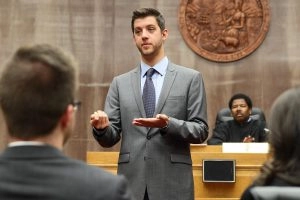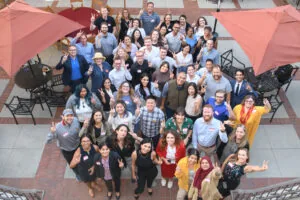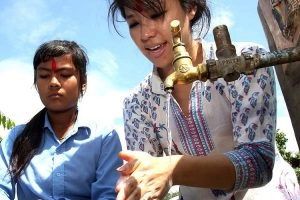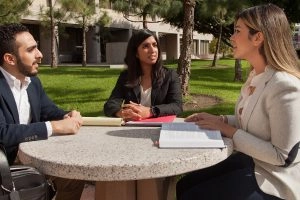Description
COVID-19 has made clear a simple truth that had eluded medical thinking for years: incarceration harms health. As the novel coronavirus sweeps across the country, it causes thousands of preventable infections and numerous deaths among prison and jail staff and detained people alike.
As chief medical officer for New York City’s jails, physician, epidemiologist and human rights advocate Homer Venters learned firsthand that incarceration drives adverse health outcomes not only for the people who are detained but also for those who work in correctional settings and who live in the surrounding communities. When basic rights — not just to health care but to life itself — are repeatedly violated; when core values, such as caring and respect, are disregarded; and when a health care system lacks transparency, the results can be tragic.
Venters shared this message nationally in his gripping 2019 book, Life and Death in Rikers Island. With attention on the coronavirus tragedy, Venters is urging physicians and public health officials to join efforts to achieve long-term improvements in prison health care, and to promote accountability and decarceration. His commitment to protecting his patients and his stories of their struggles — and of the ethical dilemmas that confront prison doctors — will move and inspire you. Moderated by Professor Alexander Capron of USC Gould School of Law and Keck School of Medicine of USC.
Who Will Benefit
– Those who want to learn how incarceration drives preventable morbidity and mortality
– Health care employees looking to find out how jails and prisons have responded to the COVID-19 pandemic
– Those who want to assist in improving health care conditions behind bars
About Our Featured Faculty
Alexander Capron is a globally recognized expert in health policy and medical ethics. He teaches “Public Health Law,” “Torts,” and “Law, Science, and Medicine.” He also teaches at the USC Keck School of Medicine and is co-director of the Pacific Center for Health Policy and Ethics, a campus-wide interdisciplinary research and education center. He returned to USC Gould School of Law in fall 2006 after four years on leave as director of Ethics, Trade, Human Rights and Health Law at the World Health Organization in Geneva.
Capron’s publications include Ethical Issues in Governing Biobanks: Global Perspectives (with others, Ashgate, 2008), Law, Science and Medicine 2nd ed. (with others, Foundation Press, 1996), Treatise on Health Care Law (with others, Matthew Bender, 1991), and Genetics, Ethics and Human Values (edited with Z. Bankowski, Geneva: CIOMS, 1991).
Capron received a BA from Swarthmore College and an LLB from Yale University, where he was an officer of the Yale Law Journal. He was appointed by President Bill Clinton to the National Bioethics Advisory Commission, and served as president of the International Association of Bioethics. Capron is a trustee of The Century Foundation, an officer of Public Responsibility in Medicine and Research, and an elected member of the Institute of Medicine (National Academy of Sciences) and of the American Law Institute.





